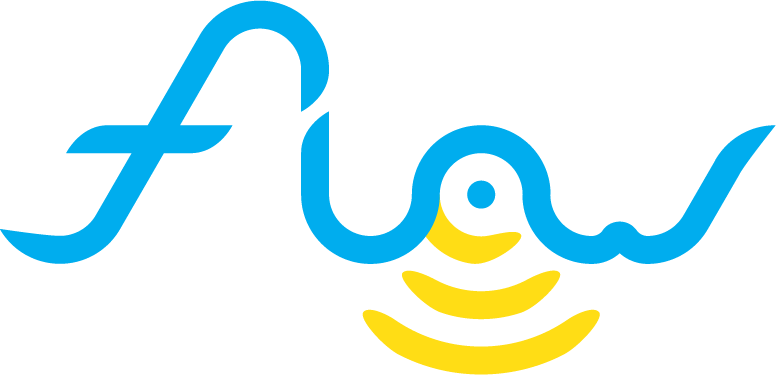1. Can you introduce yourself?
I am Lisa Wintjes and I am currently doing the bachelor Communication & Information Sciences. I hope to finish the bachelor this year, after which I will start on my master. Originally, I am from the area of Nijmegen, but my parents moved to Limburg two years ago. In my spare time I like to travel and sport, so corona is throwing a spanner in the works! Last year I did a board year at student party SAM.
2. Can you tell us something about the work you did during your board year?
During my board year, I was the vice president within our board. This is a full time function and normally I would spend 5 days a week in the Esplanade building. Unfortunately, the building was partially closed last year. Nevertheless, we were able to work together in small groups at home. That was convenient, since there was plenty of work to do! I was responsible for the facilities and the digital environment at the university. On the one hand, this meant that I was the contact person of everything related to this, and on the other hand, I was allowed to submit memos and initiatives whenever I saw a reason to do so. For example, I wrote memos about wider opening hours of the library, and opening up the university library on weekends when it was closed last academic year. I also submitted an initiative about providing free menstrual products for students who need them. In addition, a board year at SAM also consists of a social part. This had to be handled creatively in a pandemic. This meant having drinks in a park or organizing events online. For example, we organized a very nice centurion where people could participate with their entire student house. Despite Corona, luckily there was plenty to organize!
3. How did you end up doing this and with what motivation? Did you need work experience or prior knowledge?
At some point, I received a message from a fellow student explaining SAM and asking if I wanted to apply for a board year. After an interview with even more explanation (I had absolutely no experience with SAM at that time), I decided to give it a shot and apply. The main reason I chose SAM is the versatility. It’s not just partying, but you get to really think about university policy. You can give advice and approval on important documents in the university council (think about the construction of buildings and the budget of a multi-million dollar organization). I had no knowledge of this at all beforehand. For this reason, you are already busy with your board year six months in advance (before the elections). This is not as intensive as your board year, but you already learn a lot during this period about running for election, and about how the university works. Even if you have no idea what SAM stands for, it is certainly advisable to get involved.
4. How did you handle the elections?
I found the elections very exciting. After my application I was number 1 on the list, but I didn’t have the biggest network. So you have to be creative with reaching out to people. Also, everything was online. We were in small groups at someone’s home at the time. So you had a lot of support from fellow candidates. It may not have been the most fun part of the year for me, but it was incredibly educational and you also get to know your fellow candidates in a different way. For the elections you also get a lot of help, you certainly don’t have to do it alone.
5. What distinguishes a position on the University Council from a position on any other board?
Whereas a position on another board is very focused on the study and the business community around the study, a position on the university council is more focused on what is happening overarching at the university. This means that you end up in very diverse situations. For example, one of my fellow board members had the opportunity to ask Wopke Hoekstra questions when he visited the university. Several times a year, you sit around the table with the board of the university, and you receive training in the areas of cooperation, politics and elections. Doing a board year at the university council also means that you do not apply for a position, but you choose together with your board who fits which role. This role can be very focused on the social aspect, but also very substantive. So there is something for everyone!
6. Approximately how much time did you work during the week? Did you experience any study delays as a result?
When you do a board year at SAM you can opt for a full-time or a part-time position. In general, a part-time position is easy to combine with your studies. However, you must be available for a certain number of hours per week for meetings, your portfolio and social activities. Do you opt for a full-time board year like I did? Then you are busy five days a week. These days consist of substantive work during the day (although it can get very social in building E), and a social aspect in the evening. Often you have drinks with another board member, and then go into town for a constitution drink or other party. In the weekend you can recover from this.
7. Why do you think this will add value when you enter the job market later?
I met a lot of new people during my board year who I would normally not meet outside of my studies. I also still benefit from the workshops and training courses that I was able to attend during my board year. It is very interesting to be able to discuss the budget of an organization with millions of euros. In addition, you work on a nice resume and you learn to adopt a professional attitude. If you are an ambitious student who wants to step out of your comfort zone, I can really recommend a board year on the University Council!






